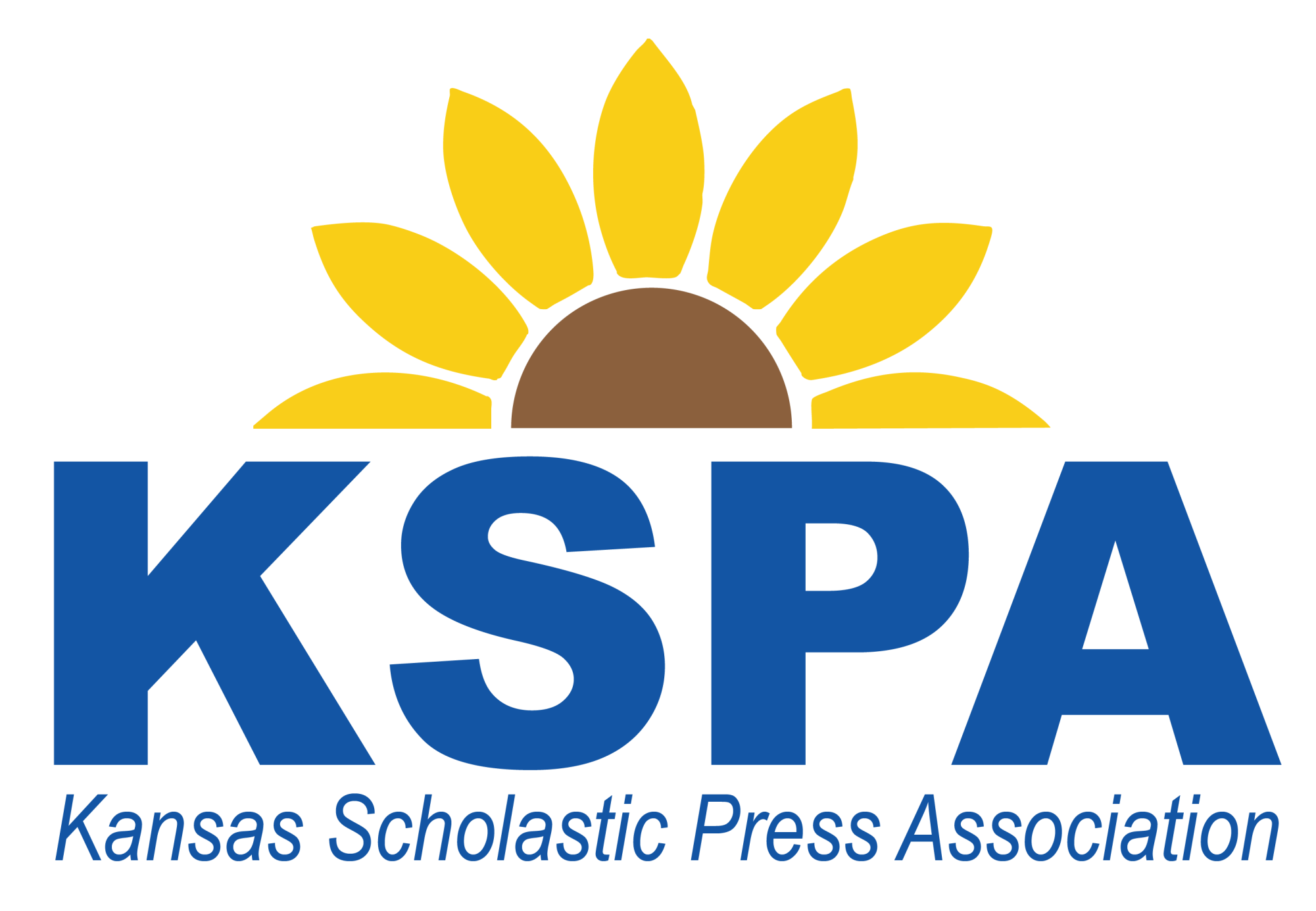ASSIGNMENT
You will be writing a yearbook feature story. The story should be approximately 400 words. With the aid of computers this year, we are able to enforce this. Please do not write longer than the word limit.
Please use the information provided below. The writer should determine which information is relevant and important to the story. Students may use dictionary, thesaurus and/or the Associated Press style manual.
When you submit, you will simply be submitting plain text. Formatting such as italics, bold and underline will not transfer. Also, paragraph breaks will not transfer. To show the judge your intention to create a paragraph break, please use this double-backslash symbol: // For instance, a passage with two paragraph breaks would look like this:
The school board reversed the policy with an 11-1 vote. // “I disagreed with the decision, but I lost this time,” said board president Yvonnes Nulton. // The policy will go into effect at the start of next school year.
TIMELINE
- 3 p.m. Feb. 19: contest materials available
- 11 p.m. Feb. 22: contest submission due
DIRECTIONS
This contest is meant to be completed individually. Please refrain from seeking help from others while completing this contest.
Failure to follow these directions may result in disqualification from the contest without refund. Please read and follow carefully.
- Read over the prompt presented below. The writer should determine which information is relevant and important to the story.
- While writing, you may use resources like the AP Stylebook, an online style guide or a dictionary/thesaurus.
- Use whatever technology works best for you while writing your draft. This could be pencil and paper, your cell phone, your computer, etc. Do whatever you’re most comfortable with.
- Do not include your name or your school’s name anywhere on your final draft.
- Type up the final version of your story and submit it here.
- Please do not share your draft, notes or ideas about the prompt with others until after the competition deadline.
Here is a link to this contest’s judging rubric.



